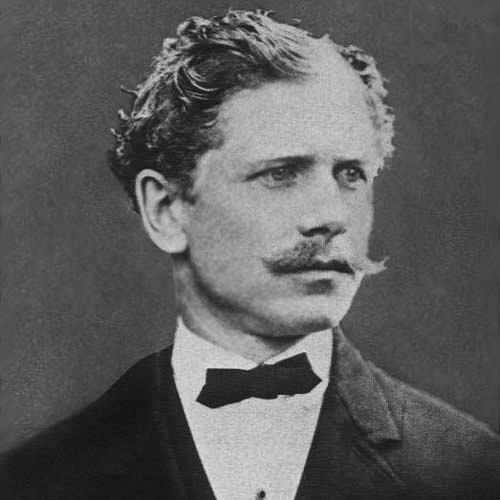I really wish we had had more time at Belfast. I would have liked to tour C.S. Lewis' home and gone on a walking tour, visiting his haunts. Unfortunately we only had an hour before returning to Dublin.
 |
| Me eating dinner in the park in front of city hall. That is not a sign above me but a giant flat screen t.v. providing around the clock news. Our tour bus, the Paddy Wagon is directly behind. |
 |
| Scene outside our hostel. |
A mind numbing eight hours later we were able to make our destination via a side trip to London where we waited a few more hours until they were finally able to put us onto another plane.
And what a plane it was. While the Germans were friendly (we struck up a temporary friendship with a young couple returning from camping around the entire island of Ireland and the man in the seat next to me was from Bitburg which produced some friendly conversation) there was a group of teenage Americans that showed just what kind of donkey's behinds Americans could be.
Their loud, obnoxious chatter heavily laced with the f-word made an already tiring trip even less bearable. I don't know who was in charge of these kids but finally a woman turned around and timidly addressed the loudest of the group and said, "April, you might want to remember you're not the only person on the plane."
That bold admonition had predictable results. They also seemed oblivious to the fact that the other passengers were turning around and staring at them. Naturally April was seated right behind me.
Even so, we finally got to our new hotel and had a decent night's sleep before taking the train to Koblenz.
The following photos are of Koblenz. This is where we were to embark on our boat that would take us down the Rhine.
 |
| The naughty boy of Koblenz. The town's mascot. At unpredictable times he spews water onto unwary observers. |
 |
| View from the fort |
 |
| Our boat |
Our boat and bike trip was about to begin! Stay tuned...








































